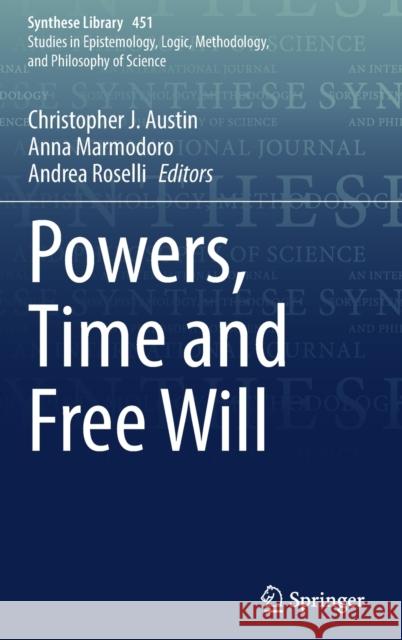Powers, Time and Free Will » książka
topmenu
Powers, Time and Free Will
ISBN-13: 9783030924850 / Angielski / Twarda / 2022 / 290 str.
Powers, Time and Free Will
ISBN-13: 9783030924850 / Angielski / Twarda / 2022 / 290 str.
cena 430,95 zł
(netto: 410,43 VAT: 5%)
Najniższa cena z 30 dni: 424,07 zł
(netto: 410,43 VAT: 5%)
Najniższa cena z 30 dni: 424,07 zł
Termin realizacji zamówienia:
ok. 20 dni roboczych.
ok. 20 dni roboczych.
Darmowa dostawa!
Kategorie BISAC:
Wydawca:
Springer Nature Switzerland AG
Seria wydawnicza:
Język:
Angielski
ISBN-13:
9783030924850
Rok wydania:
2022
Ilość stron:
290
Waga:
0.58 kg
Wymiary:
23.39 x 15.6 x 1.75
Oprawa:
Twarda
Wolumenów:
01
Dodatkowe informacje:
Wydanie ilustrowane











